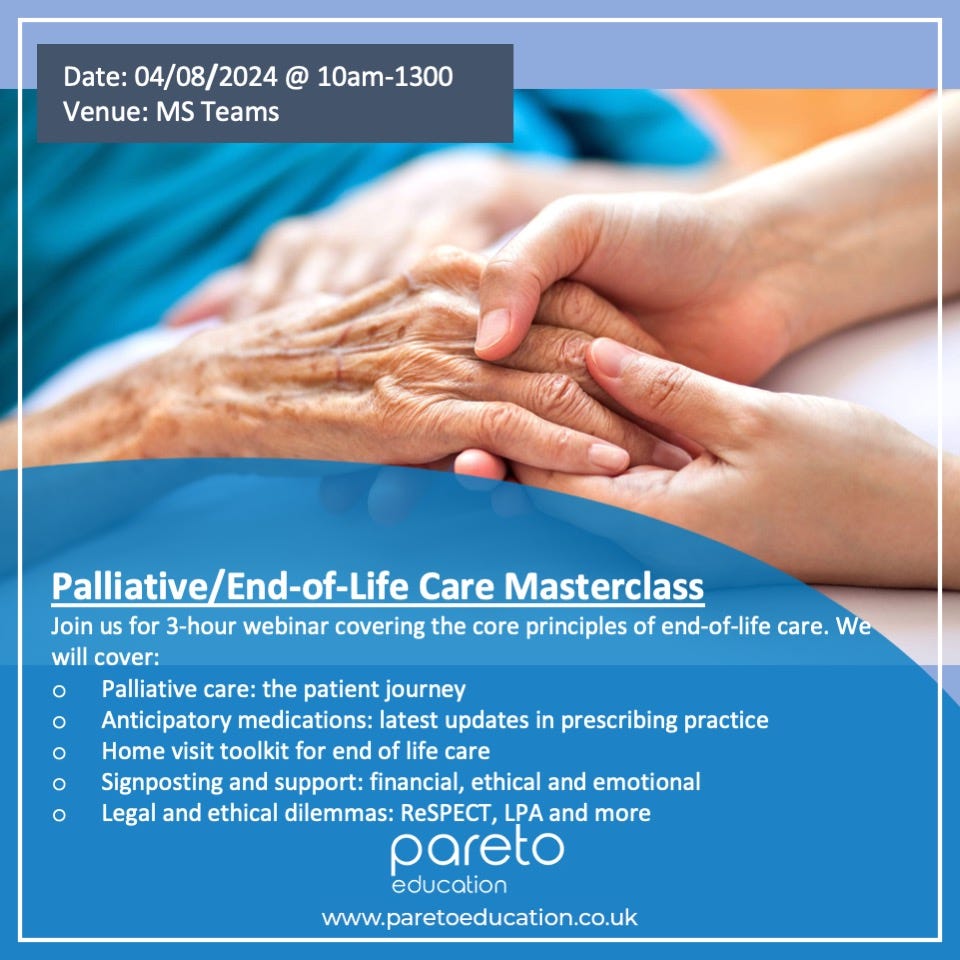Oh summer. You bring us joy, beautiful moments and heat related syncope!
I love the hot weather - It allows me to enjoy gardening, go for long walks and have some solitude in the loft (as it’s too cold in the winter!!)
It’s also a season for what policy makers call “active travel.” This refers to a concerted policy from Public Health England & Scotland to encourage people to either walk or cycle to and from their place of work.
Now the benefits may be obvious to some, but ultimately public health is an exercise in proving that a particular intervention is worth the spend. So far, governments in England and Scotland have spent huge sums of money in infrastructure developments to help facilitate active travel. From the construction of cycle lanes, availability of “rent-on-demand” cycles (commonly known as Boris Bikes) and even the reorganisation of entire areas to make walking and cycling safer.
So far, research has been a little sparse. We’ve got a few short term studies showing the benefit of cycling and walking to work but there haven’t really been any studies on a large scale. This isn’t the case anymore with a recent prospective study looking into the health benefits of active travel as part of the Scottish Longitudinal Study.
More specifically, it looked at the effect of active travel - defined as cycling and walking on the following parameters:
Death from any cause
Hospitalisation
CVD Hospitalisation
CVD related prescription
Cancer hospitalisation
Risk of cancer hospitalisation
Risk of cancer death
Mental health related prescription
The overall sample size was 82 297 comprising of individuals between the ages of 16-74 years. Now there are problems with this study, and those who have recently written a dissection may be well aware of what these might be. It’s very difficult to account for confounders in such a study so BMI and other lifestyle factors were not taken into account. Studies have also shown the impact of high intensity exercise on patients health and unfortunately this is not accounted for.
However, the results are promising. There was a significant reduction in all the parameters above and was more for those who cycle when compared to those who were walking to work. The only negative comparison was road traffic accidents, as cyclists were twice as likely to be involved in one compared to people who walked to their place of work.
What do these results mean for us?
Landscapes are ever changing in the UK and such studies add support to the plans of Public Health England going forwards. The UK is following the trend of most western countries and we should actively encourage patients to take up cycling or walking whenever they can. This study adds to an existing body of knowledge and despite its limitations, I suspect it will form the backbone of further investment that the government has already committed to.
The impact of active travel on mental and physical health cannot be understated but often we can be the worse clinicians when it comes to ourselves. Life is busy but we should also try to incorporate active travel in our own lives. Whether that be walking to work, taking the stairs or cycling to work - if we commit this into our routine, exercise fitting exercise into our routine becomes less of a problem.
I’d recommend having a read of this study which can be found here. For those due to write their dissertation/QIP project and need an insight into prospective studies, I would recommend reading the “strengths and limitation” section as it summarises the issues with prospective studies as a whole.
What are your thoughts on exercise and work? Do you find enough time to fit it into your working week as a healthcare professional? We’d love to hear your views!
What are you doing on 4th August?
We at Pareto Education are passionate about a number of things. Good quality education, antibiotics, hormone replacement therapy and now… palliative care. We recently delivered a seminar to primary care MDT members at a PCN on effective End of Life/Palliative care and we were met with huge praise. We’ve decided to adapt this and deliver it online on Sunday 4th August to help equip healthcare professionals with the latest updates on palliative care practice.
If you’re interested in joining, click on this link to sign up. We would love to see you there!





